From August 1, 2024, projects that are behind schedule will be revoked without compensation. This regulation will create a "cleansing" of investors, prevent land speculation, and deal with "suspended" projects.
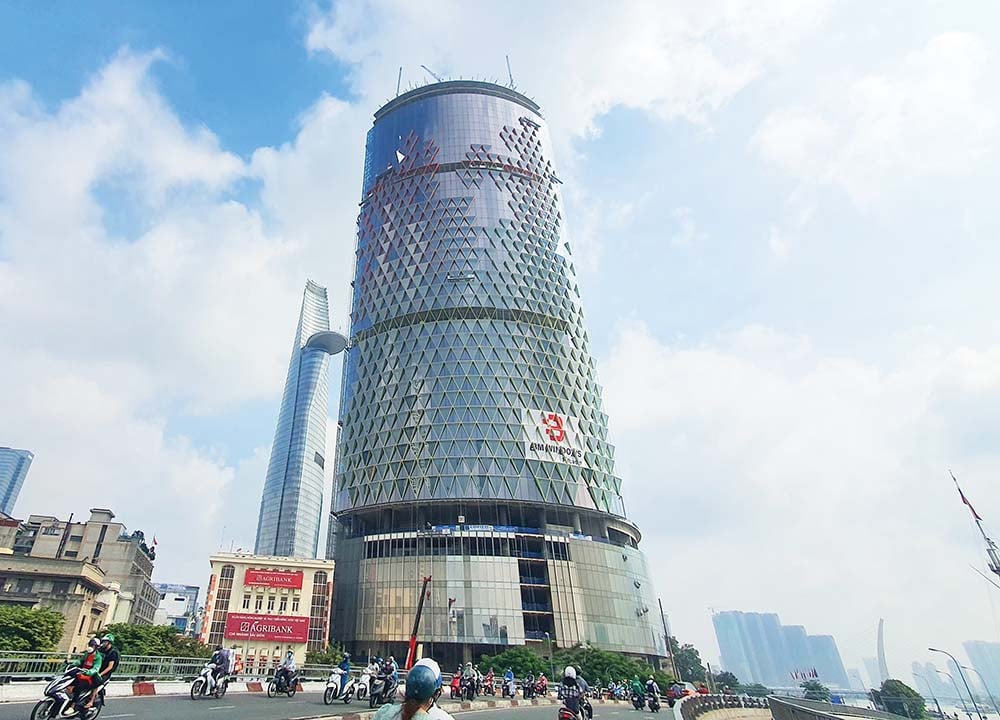 |
| IFC One Saigon project (District 1, Ho Chi Minh City) after 17 years is still not completed. |
Strong measures to stop land speculation, "suspended" projects
Located on a "golden land" right at the corner of Ham Nghi - Ton Duc Thang street (District 1, Ho Chi Minh City), the IFC One Saigon project (formerly known as Saigon One Tower) is still unfinished after a short period of bustling restart.
Built on a 6,672 m2 land area, with a scale of 5 basements, 3 technical floors and 41 floors, IFC One Saigon started construction 17 years ago, but after 5 years of sluggish implementation, in 2011, the project officially stopped construction. After many changes of ownership, IFC One Saigon has not been able to complete. This project has been mentioned many times in the list of projects that make the city look bad.
Opposite Ben Thanh Market (HCMC), right at the bustling metro station No. 1 is a rough concrete block called One Central Saigon (formerly known as The Spirit of Saigon). This is a complex of commercial centers, offices, apartments, super apartments, 6-star hotels, with a total land area of over 8,500 m2, located on the Ben Thanh quadrangle, a prime location right in the center of District 1 with 4 facades. This project has also gone through many owners, but has not yet been completed.
Similarly, the Lancaster Lincoln Project (District 4) invested by Trung Thuy Lancaster Company Limited was started in 2017, but after the underground construction, it was "frozen". Meanwhile, the D-One Saigon Project (Go Vap District) of DHA Company was approved in 2016, but to date it is still just an empty lot.
One of the new points of the 2024 Land Law is to apply sanctions to projects that change purposes, recognize land use rights, and receive land use rights transfers, while the previous law only applied land revocation due to violations to projects that were allocated land or leased land.
These are just a few cases of projects that have been “suspended” for many years in Ho Chi Minh City. The 2013 Land Law stipulates that after an investment policy decision is approved, a project has a 12-month period to implement, or 24 months if extended. If this period is exceeded and the project is not implemented, it will be revoked. However, revoking these projects is not simple, especially when the enterprise has made basic investments on that land.
The 2024 Land Law (effective from August 1, 2024) has many stricter regulations. For example, an investment project that is not used for 12 consecutive months from the date of handover, or whose land use progress is 24 months behind the progress stated in the investment decision, will be revoked.
In case the land is not put into use or is behind schedule, the investor is granted an extension of no more than 24 months and must pay the State an additional amount of money. After the extension period, if the land is still not put into use, the State will reclaim it without compensation for the land, assets attached to the land and investment costs on the land.
Need to take into account the case of "force majeure"
Recovering suspended projects to regenerate land resources is essential, but according to experts, it is necessary to take into account force majeure cases, such as legal procedures that take many years. Because, businesses themselves also want to complete legal procedures as soon as possible to be able to deploy construction, sales, and recover capital.
Speaking to Dau Tu Newspaper, Mr. Angus Liew, Chairman of the Board of Directors of Gamuda Land Vietnam, assessed that the regulation on land reclamation for projects that are not implemented after the extension period expires in the Land Law 2024 is to avoid wasting land resources. However, in some cases, the extension period may be longer, such as during the Covid-19 pandemic.
From his business experience, Mr. Le Huu Nghia, General Director of Le Thanh Construction Company Limited, said that in reality, there are many cases of force majeure. For example, businesses cannot implement projects due to slow procedures related to the authorities. Therefore, according to Mr. Nghia, the decree guiding the Land Law needs to supplement and clarify this content, otherwise, in many cases, businesses will be "unjustly" killed.
“As soon as we submitted the project documents, we had to record a timeline, but after the investment was approved, we still could not implement it immediately, because applying for an investment license and other procedures took many years,” Mr. Nghia shared.
The opening point for businesses that want to pursue project implementation when the project is behind schedule is that the Law sets out conditions for delay due to force majeure such as natural disasters, enemy attacks, and if it can be proven that the project is delayed due to the fault of the authorities or those performing public duties, it will not be revoked. However, businesses also recommend that in the guiding decrees, there should be more detailed regulations and specific sanctions for individuals and organizations that indirectly cause the project to be behind schedule.
Along with the tightening regulations in the 2024 Land Law, the 2023 Real Estate Business Law has many changes related to the financial conditions of investors. For example, real estate businesses must have equity capital of not less than 20% of the total investment capital for projects with a land use scale of less than 20 hectares, not less than 15% of the total investment capital for projects with a land use scale of 20 hectares or more, and must ensure the ability to mobilize capital to implement investment projects.
In case a real estate business enterprise simultaneously implements multiple projects, it must have sufficient equity capital allocated to ensure the above ratio of each project in order to implement all projects. In addition, the Law on Real Estate Business 2023 also stipulates conditions such as credit balance limit, corporate bonds, etc.
With such strict regulations, businesses must calculate carefully before starting a project, to avoid ineffective investment, project stagnation, and waste of resources.
Source: https://baodautu.vn/batdongsan/chan-dau-co-dat-du-an-treo-d220831.html


![[Photo] Military doctors in the epicenter of Myanmar](https://vstatic.vietnam.vn/vietnam/resource/IMAGE/2025/4/6/fccc76d89b12455c86e813ae7564a0af)
![[Photo] Vietnamese rescue team shares the loss with people in Myanmar earthquake area](https://vstatic.vietnam.vn/vietnam/resource/IMAGE/2025/4/6/ae4b9ffa12e14861b77db38293ba1c1d)
![[Photo] Solemn Hung King's Death Anniversary in France](https://vstatic.vietnam.vn/vietnam/resource/IMAGE/2025/4/6/786a6458bc274de5abe24c2ea3587979)
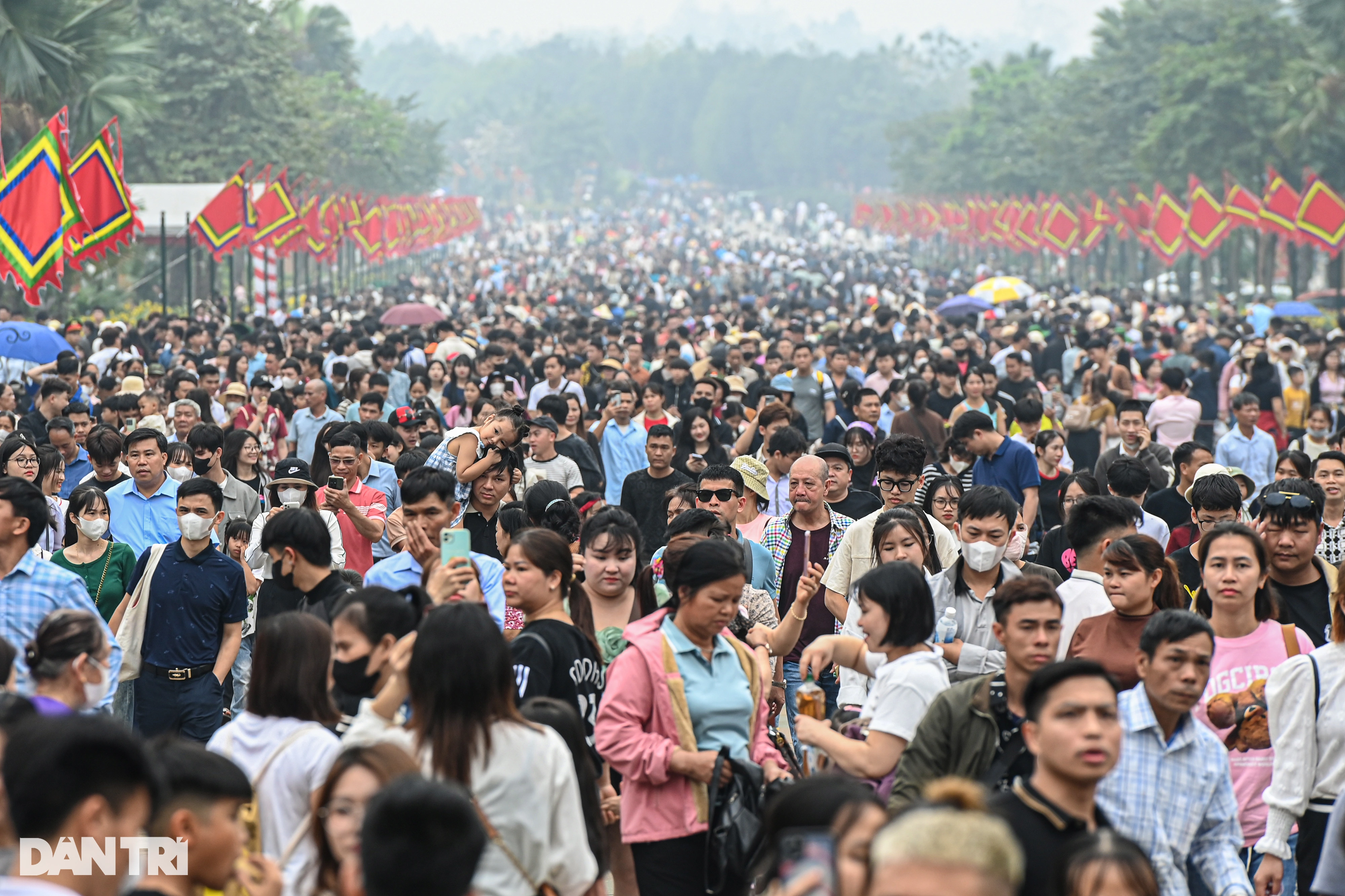

![[Photo] Prime Minister Pham Minh Chinh chairs the regular Government meeting in March](https://vstatic.vietnam.vn/vietnam/resource/IMAGE/2025/4/6/8393ea0517b54f6791237802fe46343b)
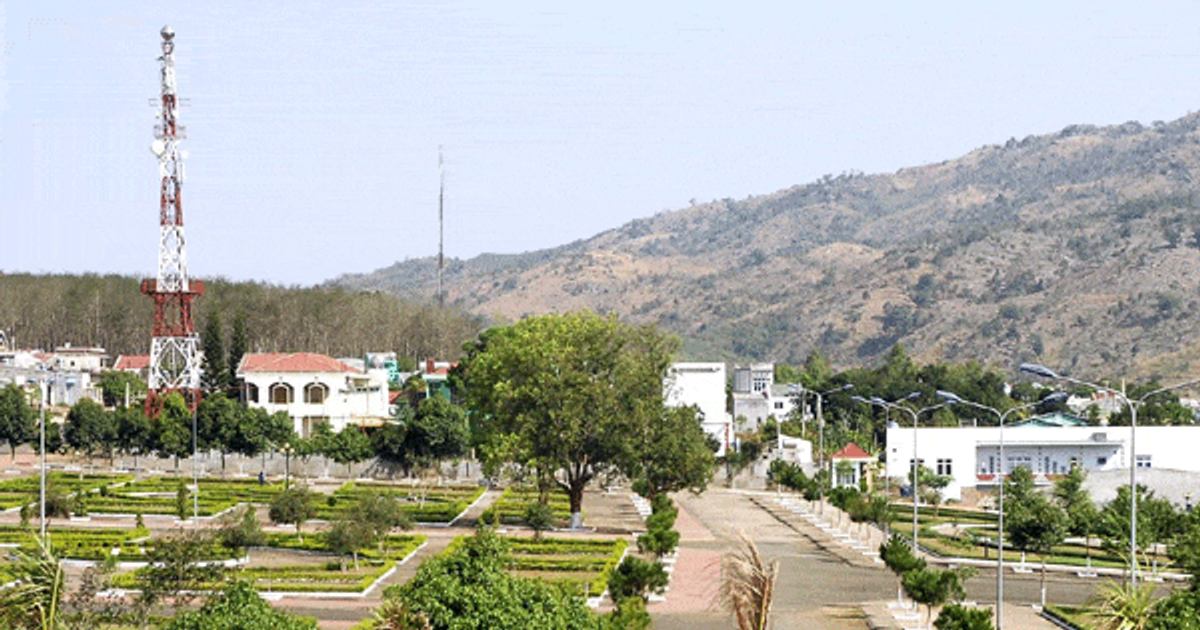

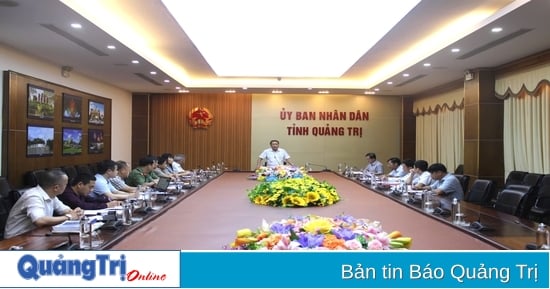
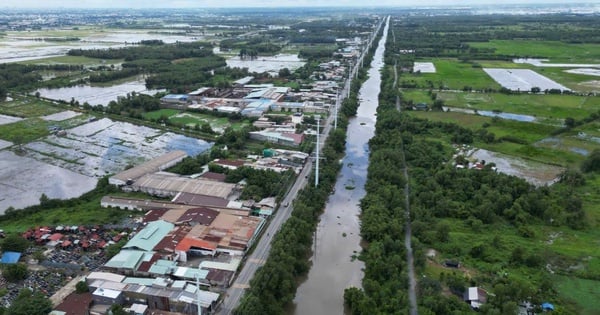

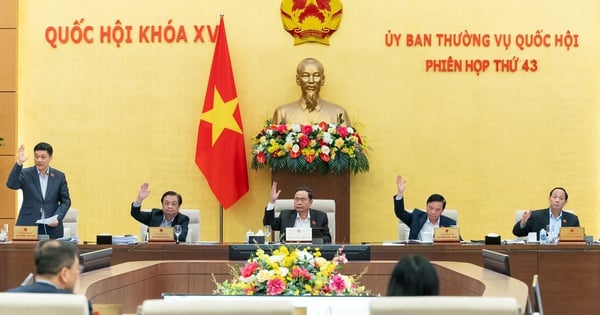



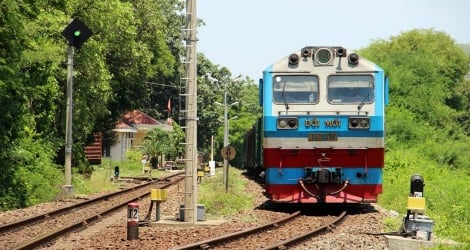


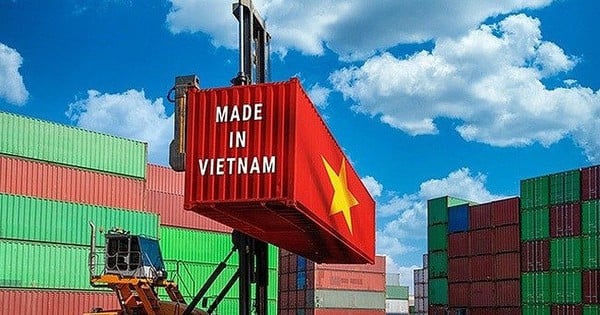
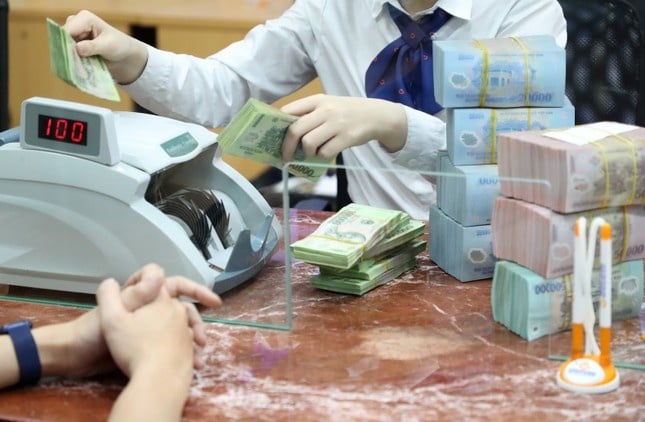
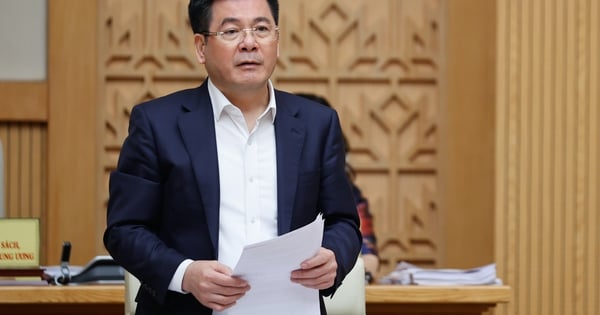
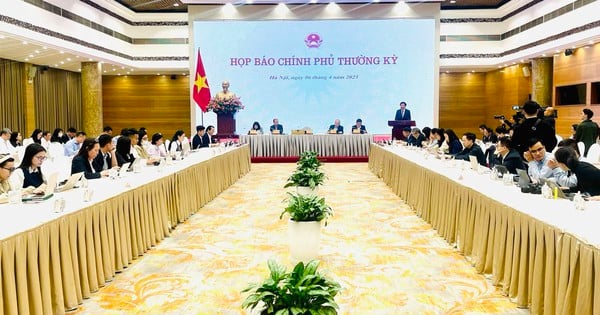

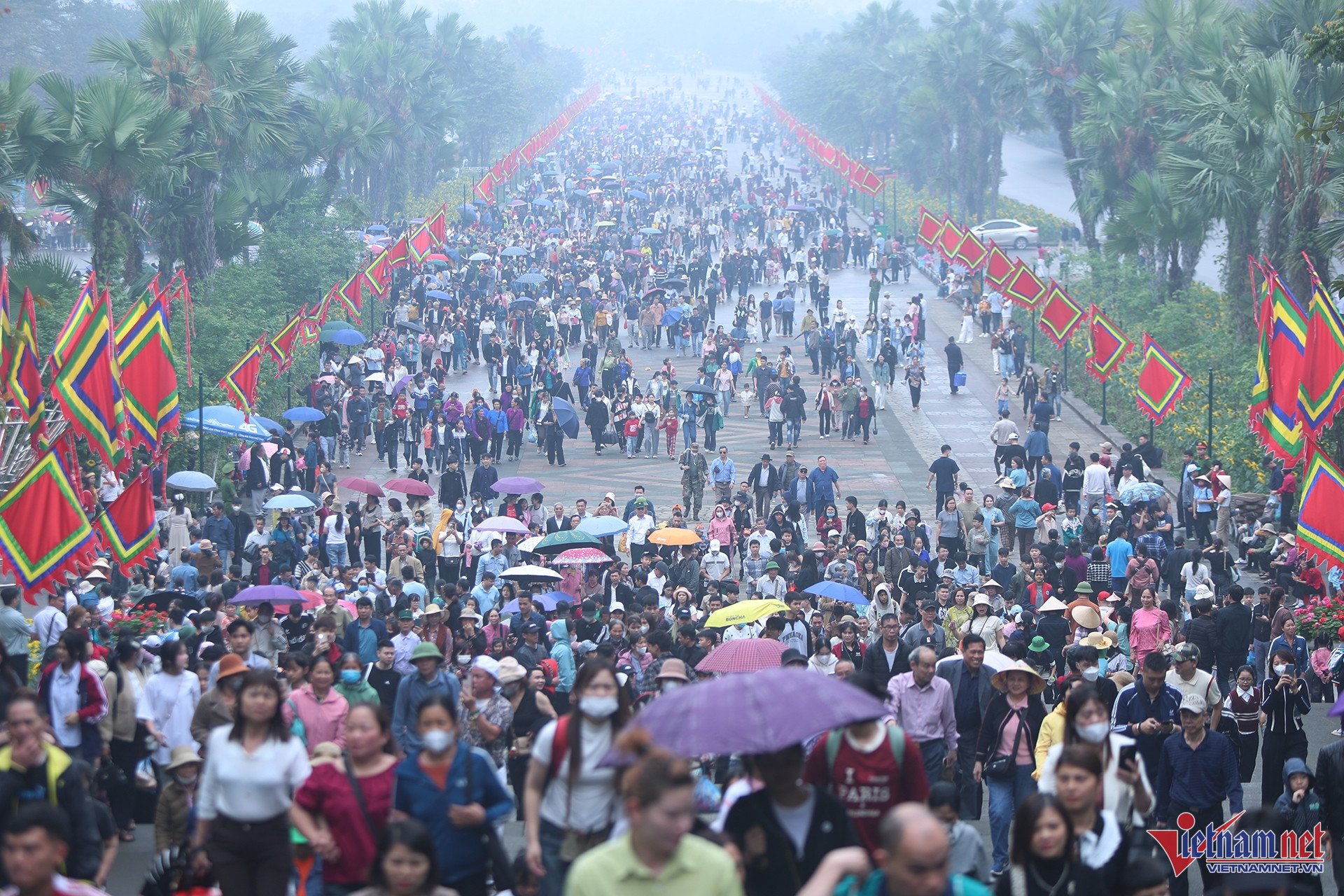
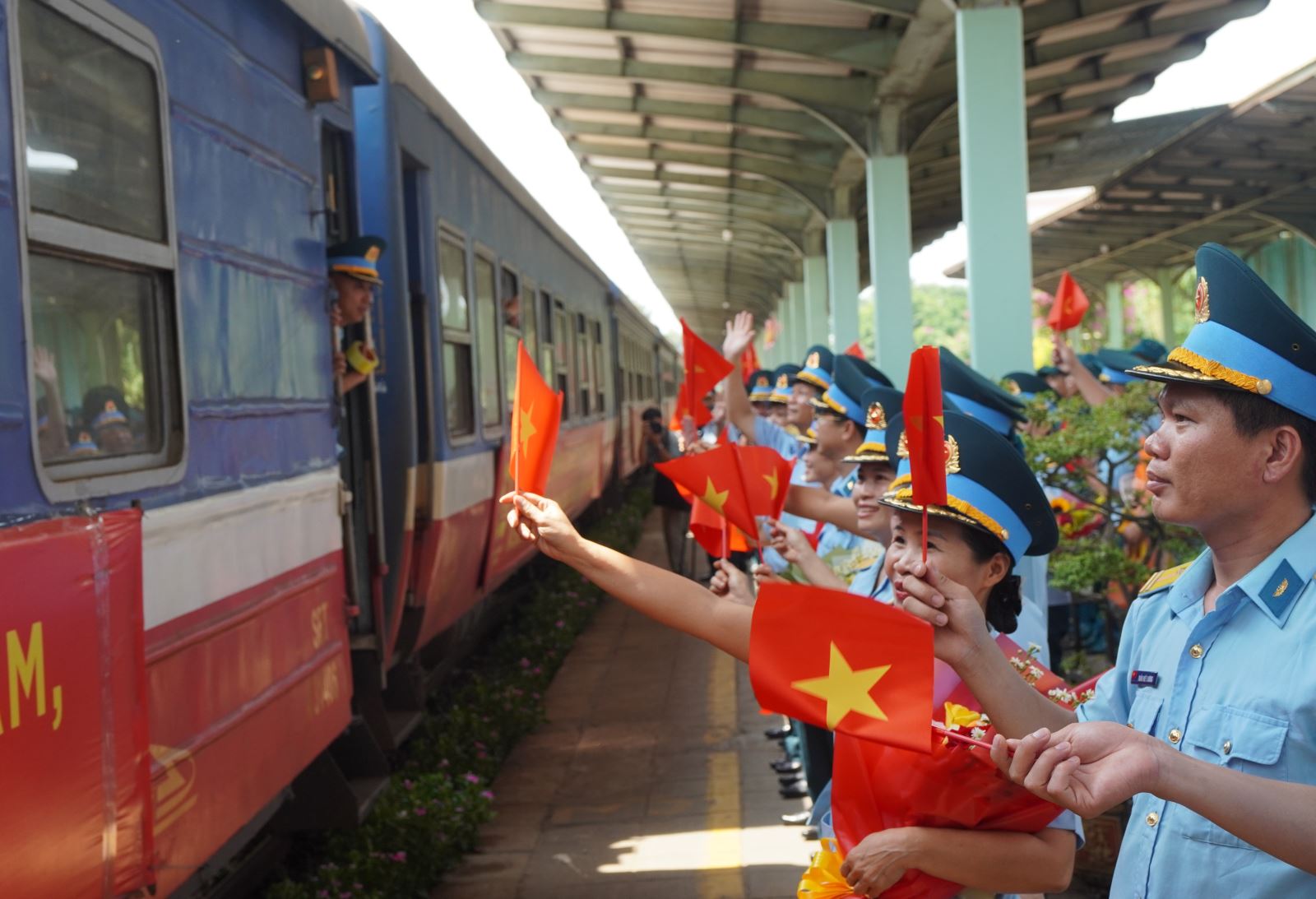

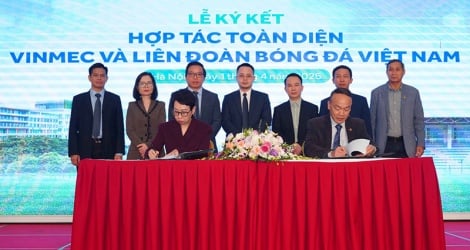



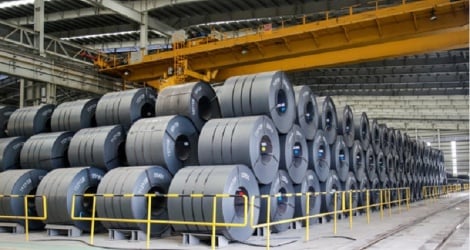







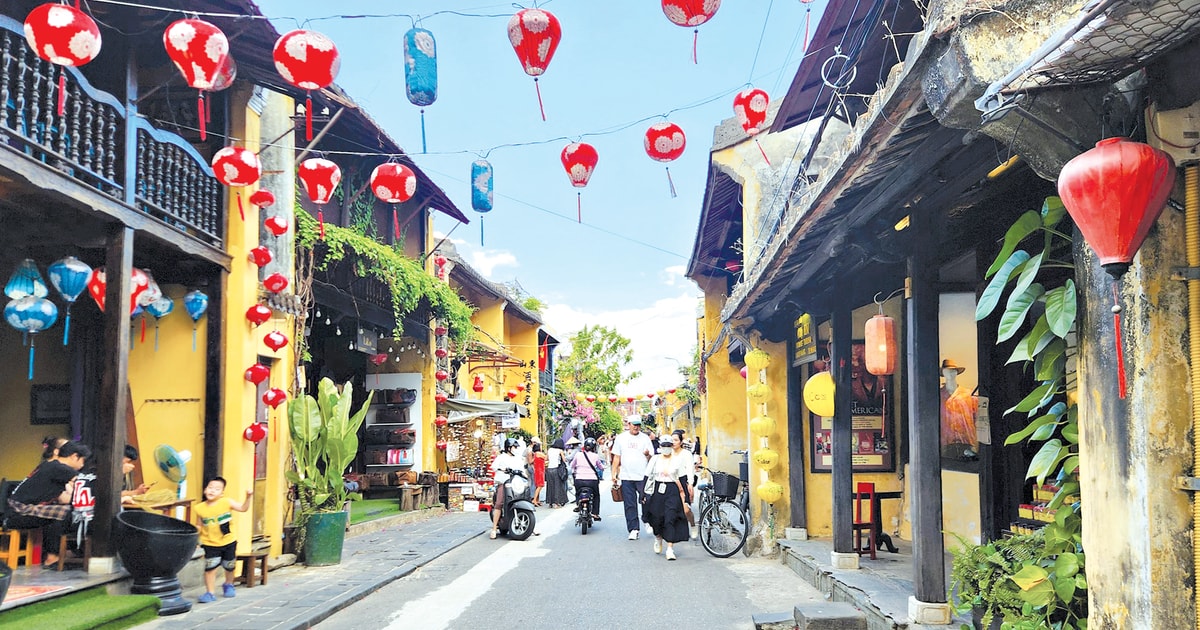

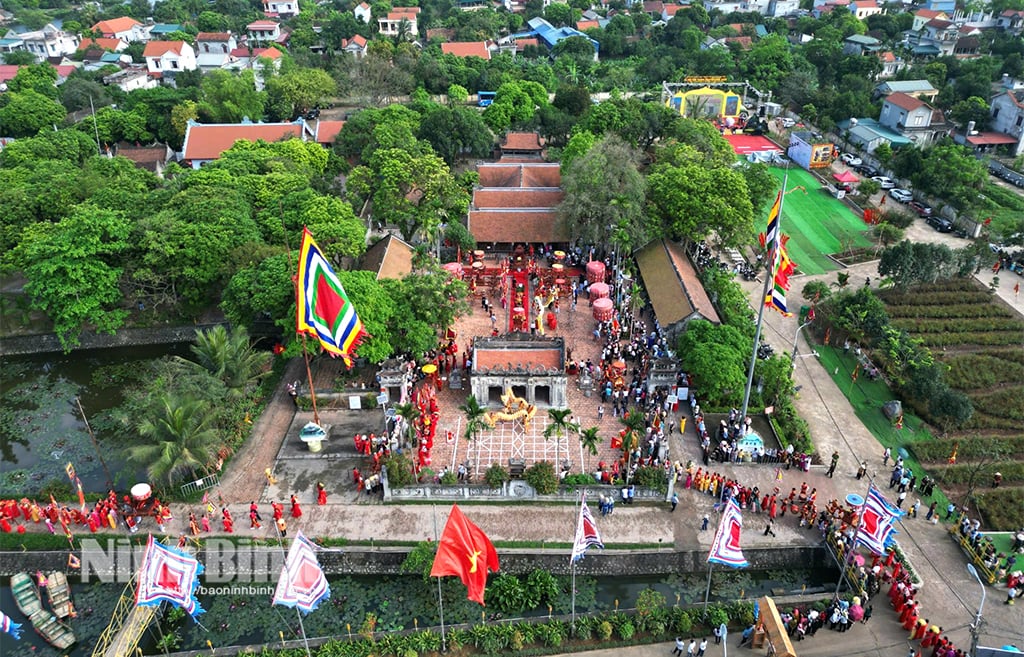

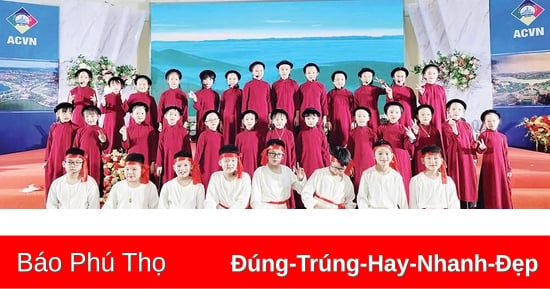

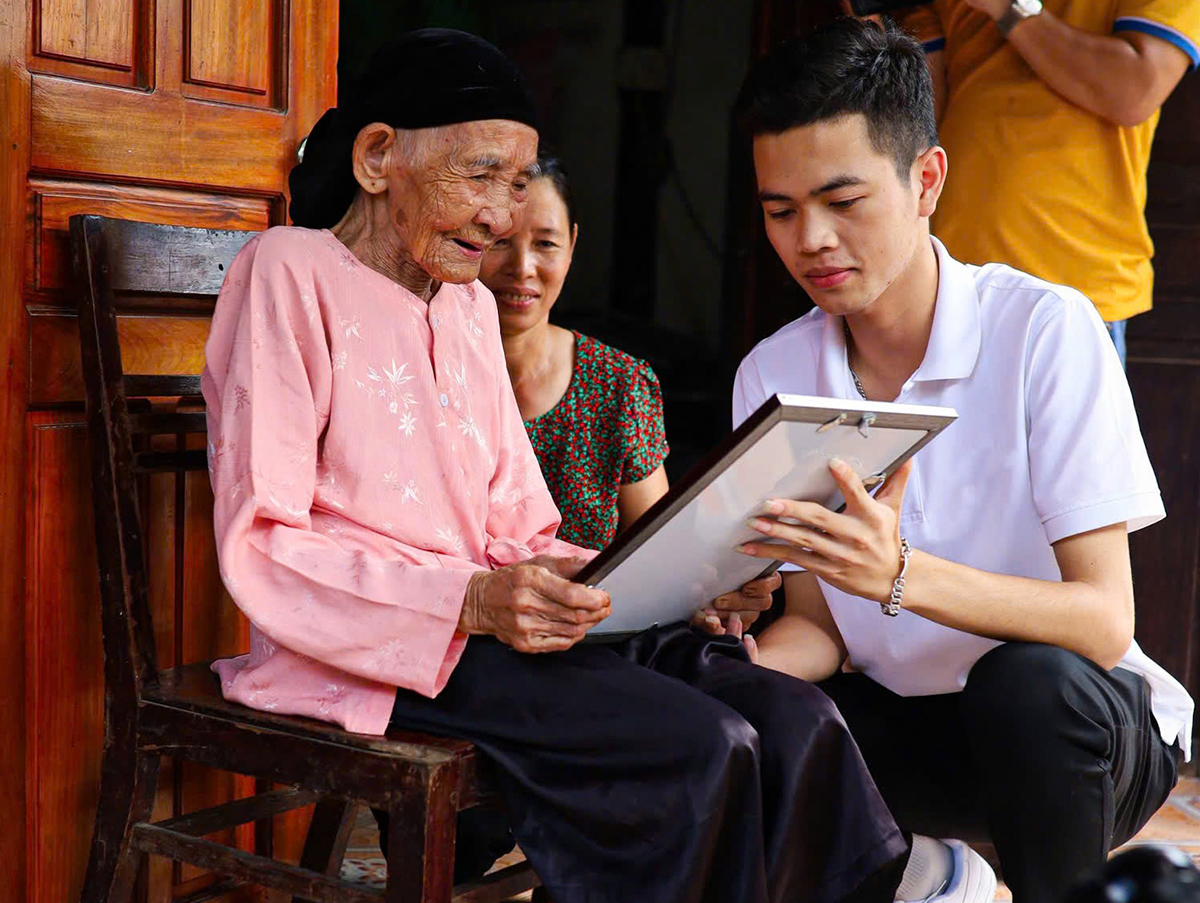






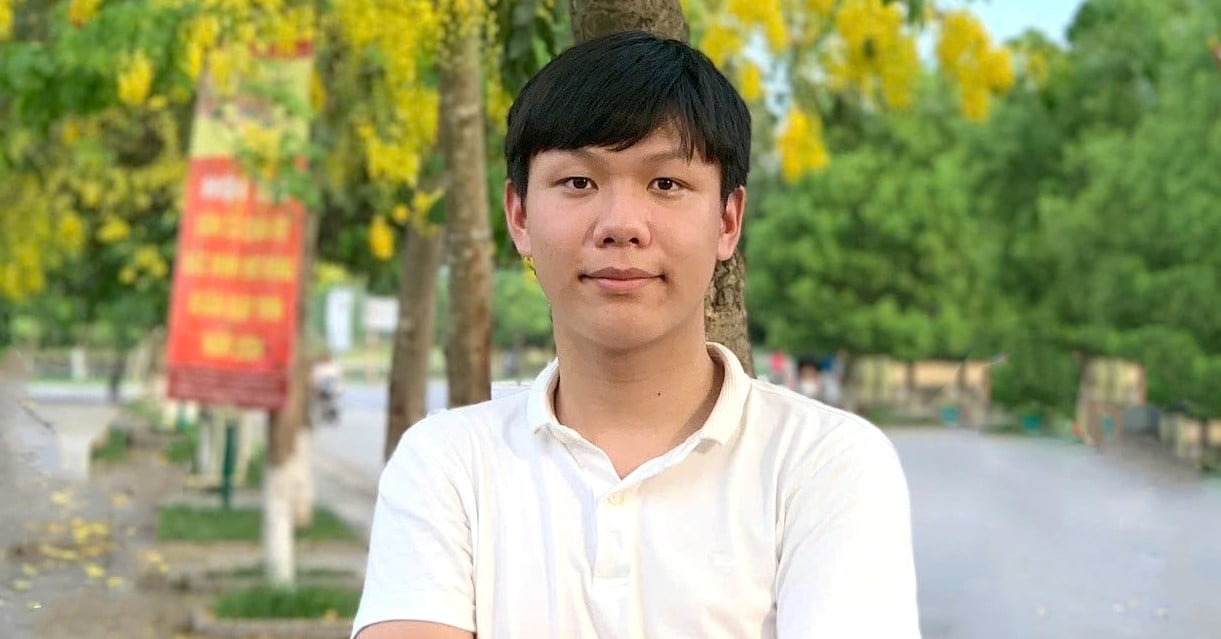



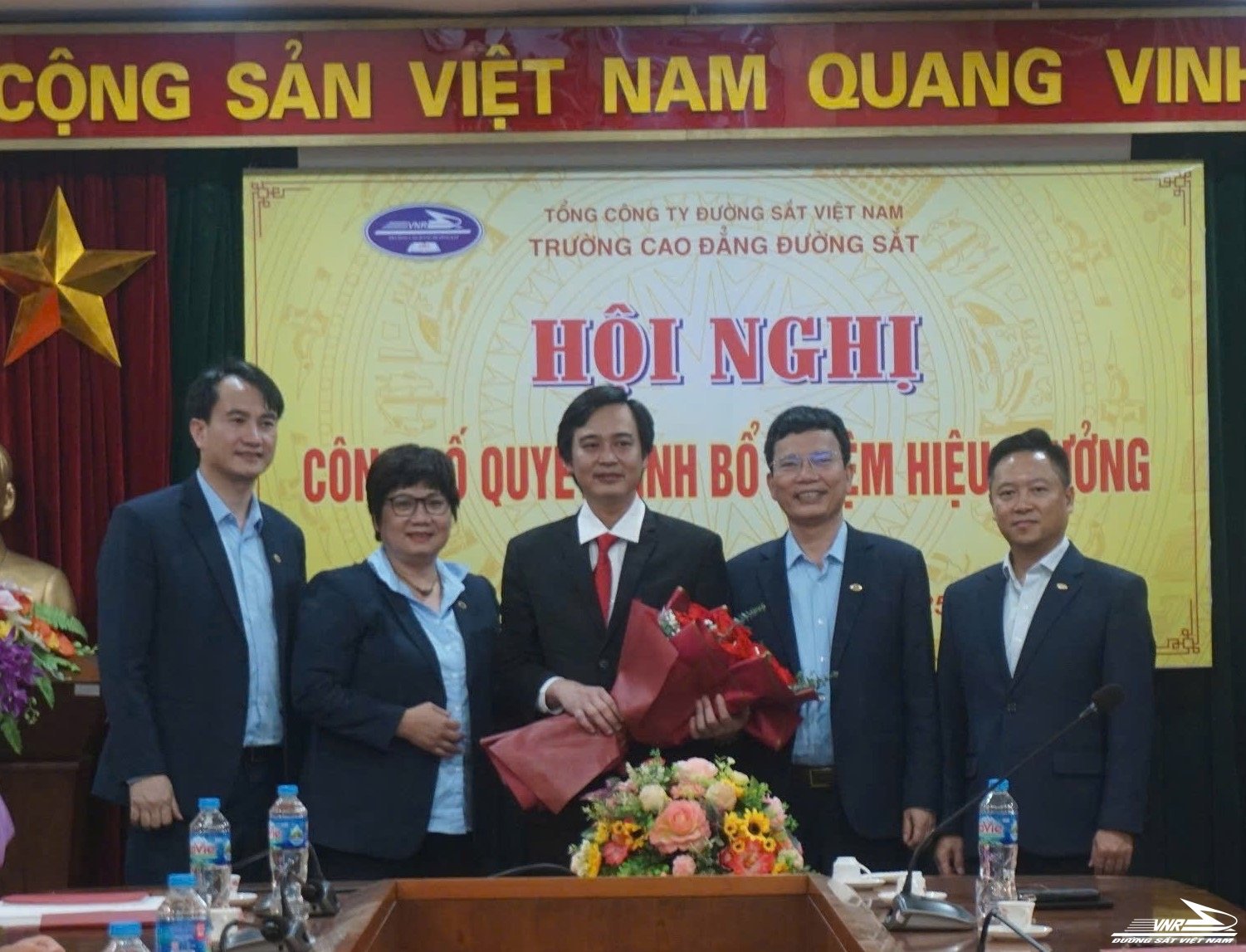
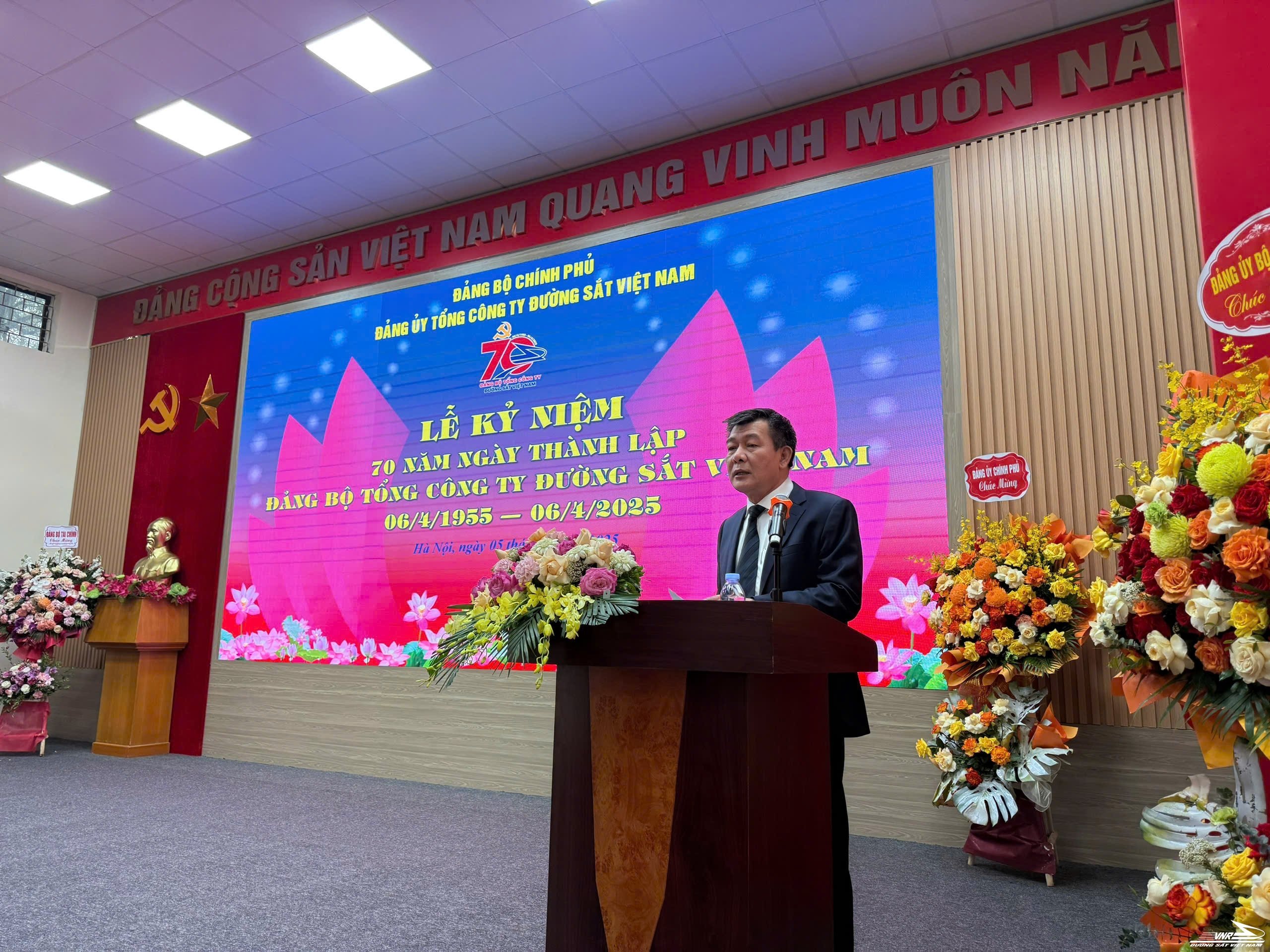
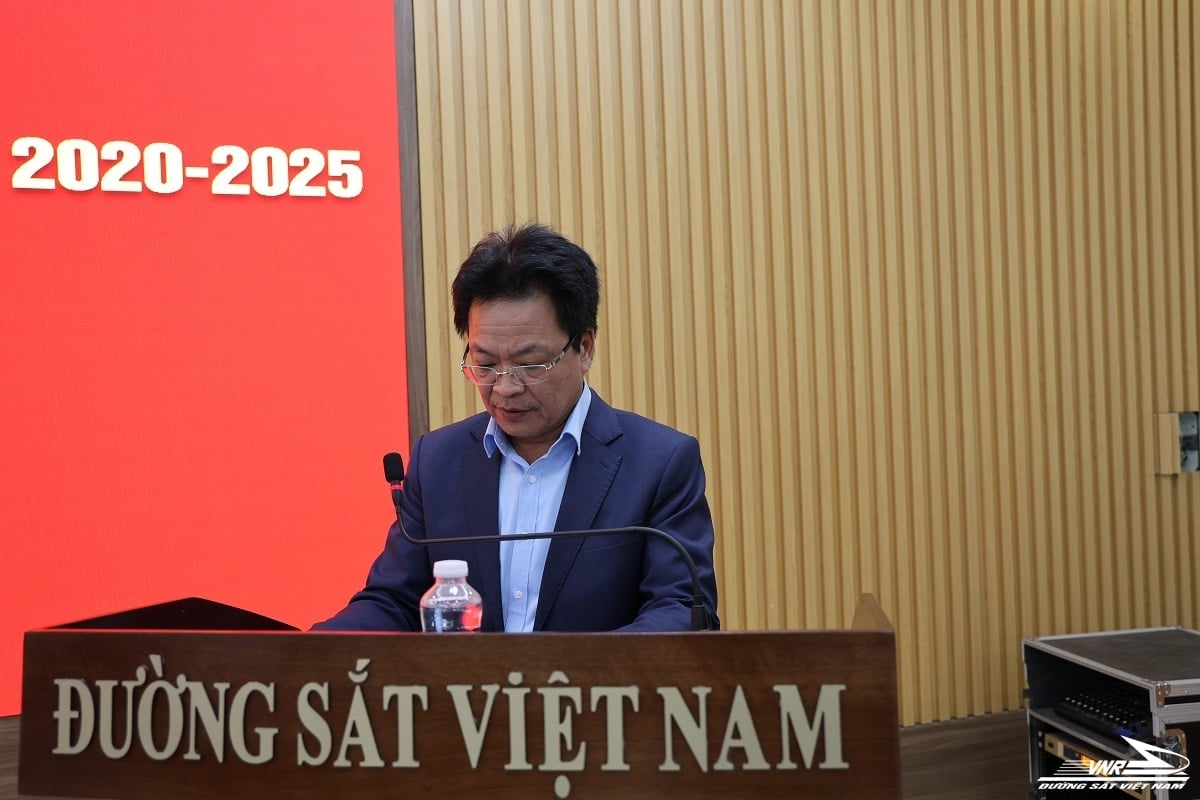
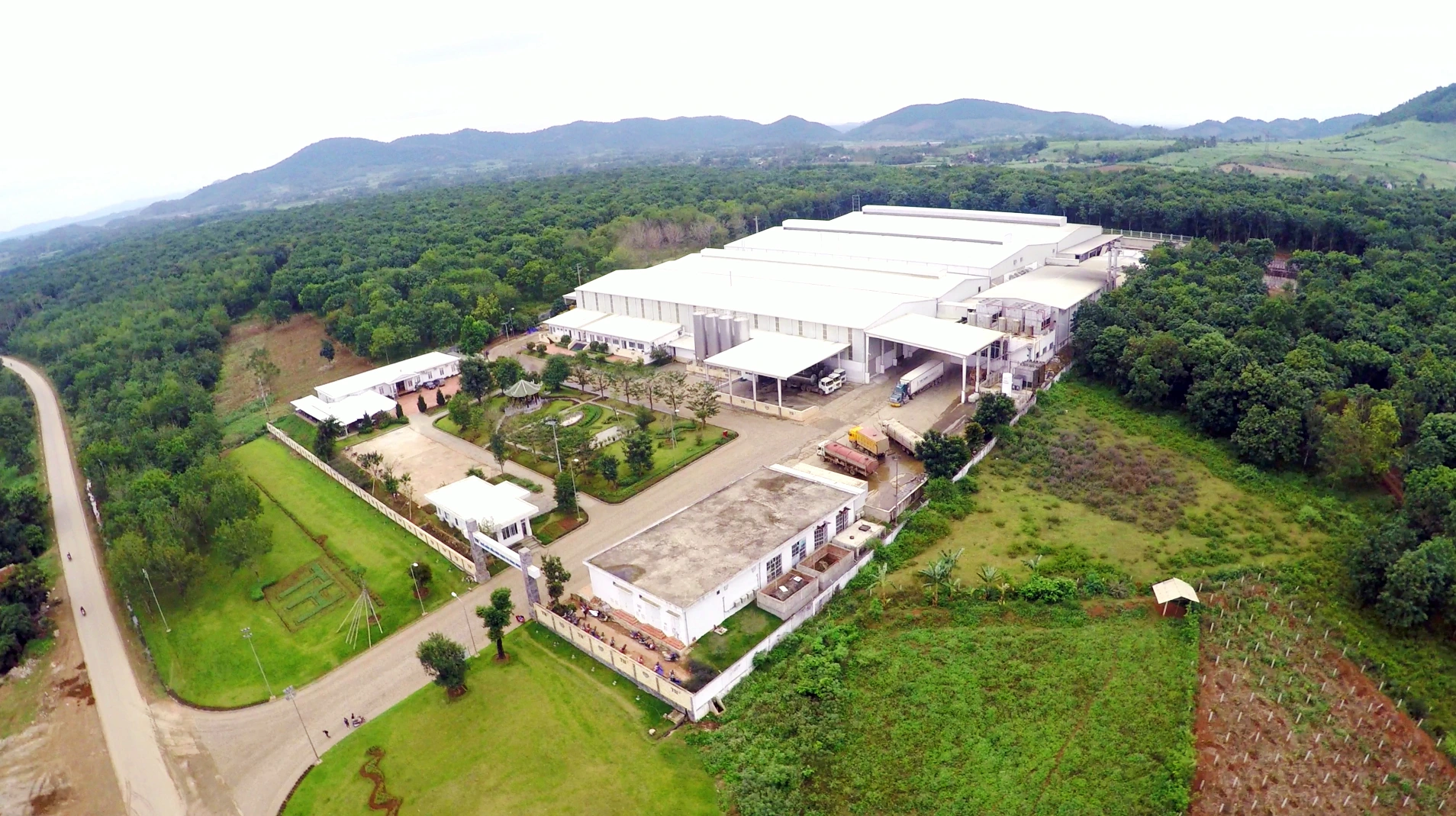




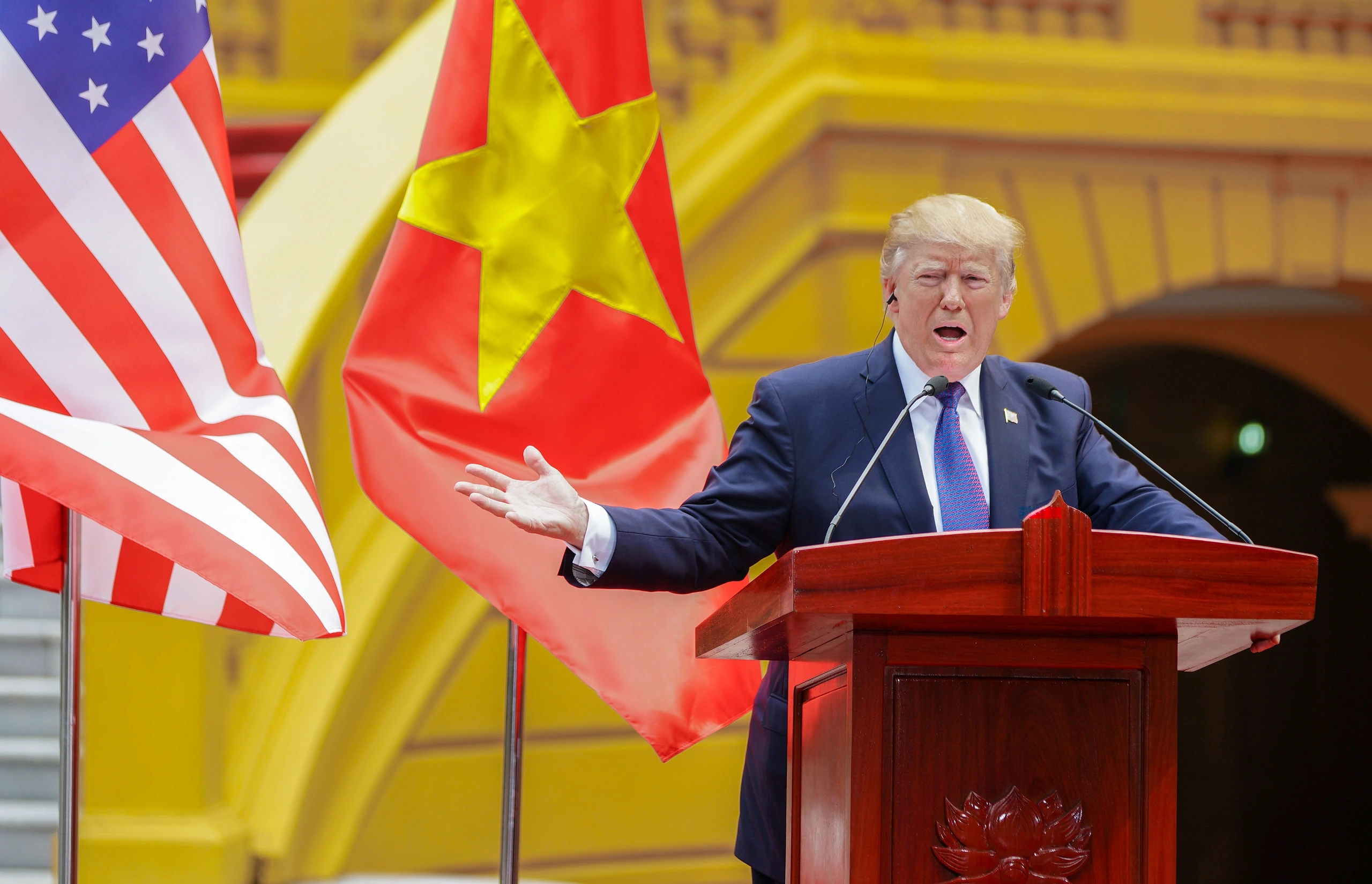
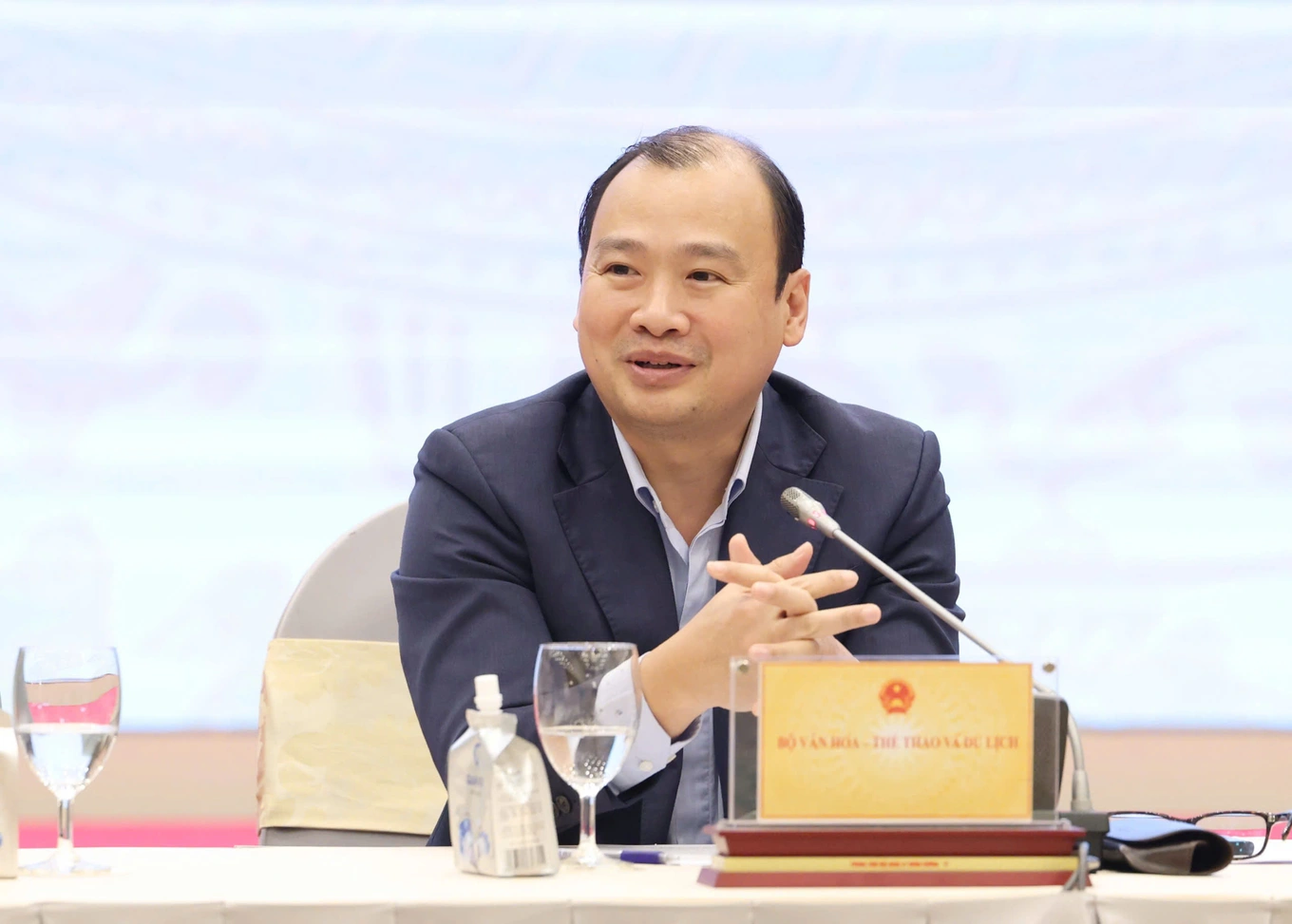


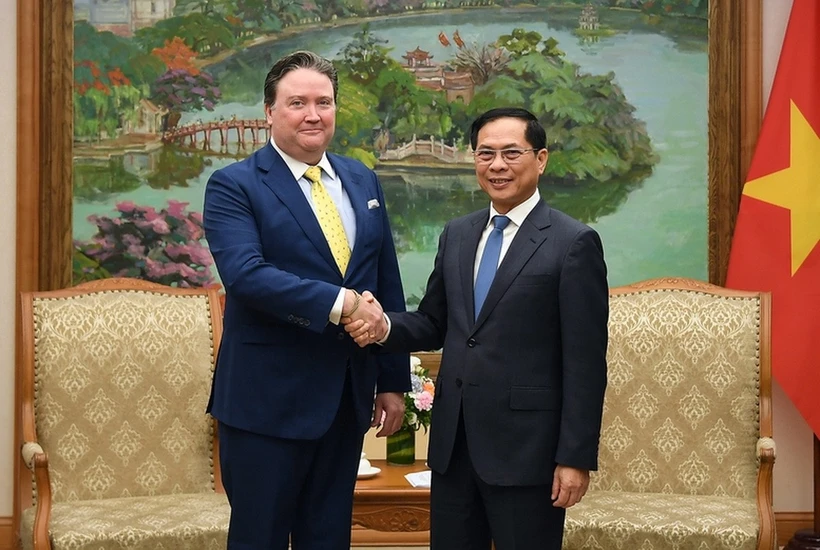









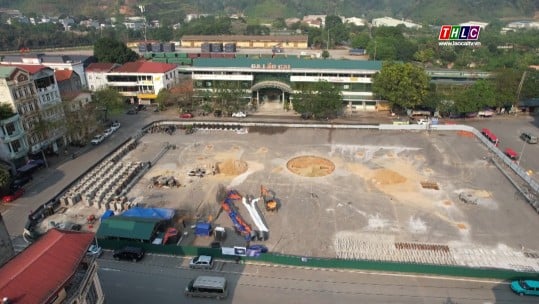
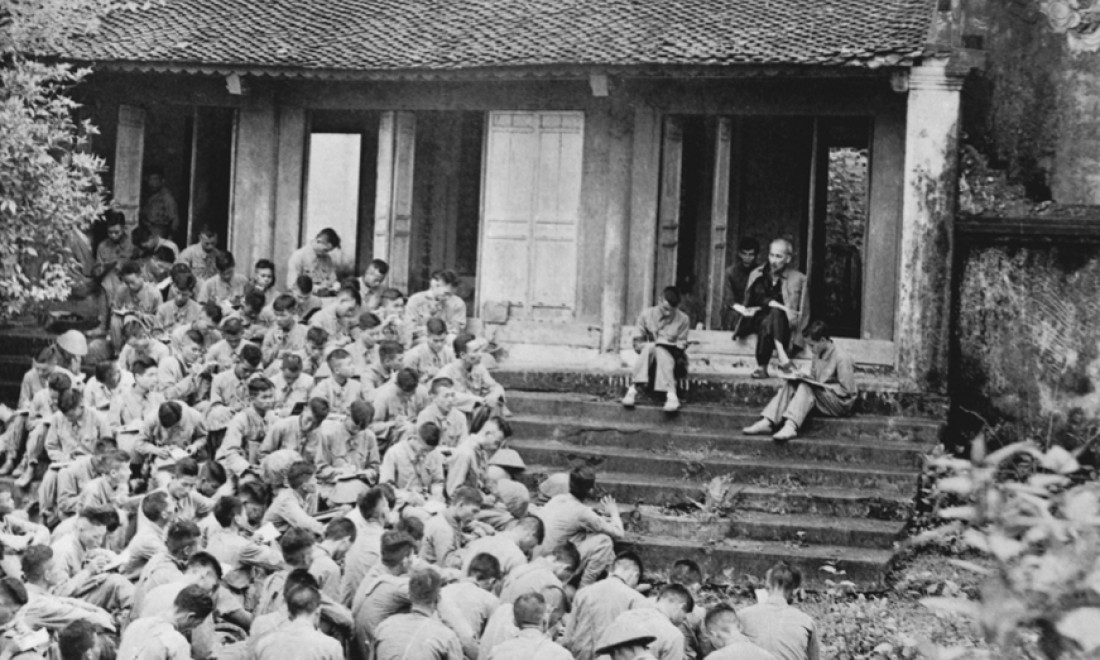
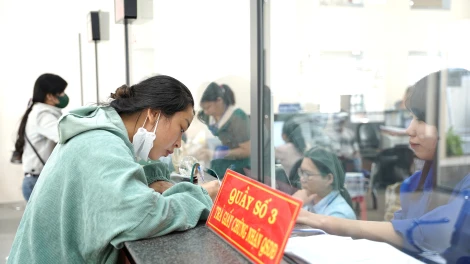






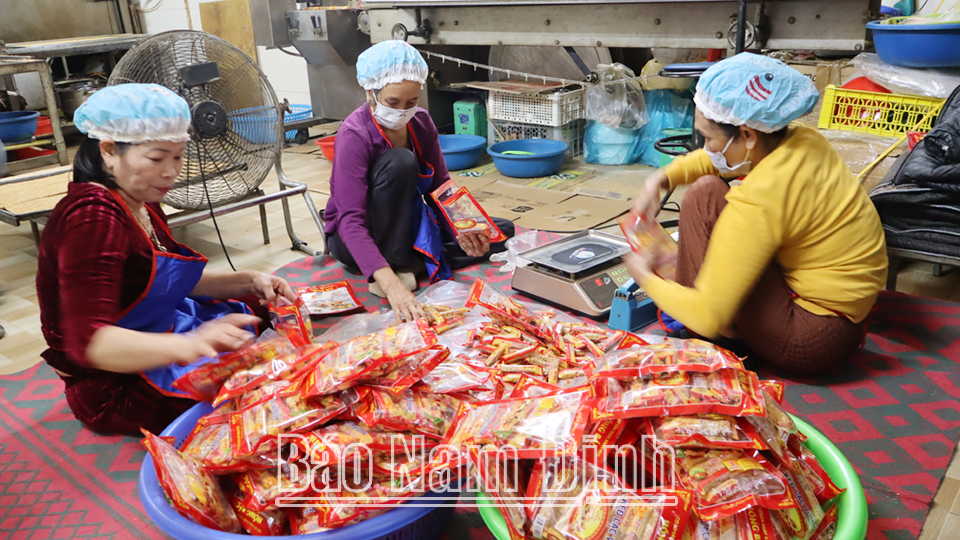


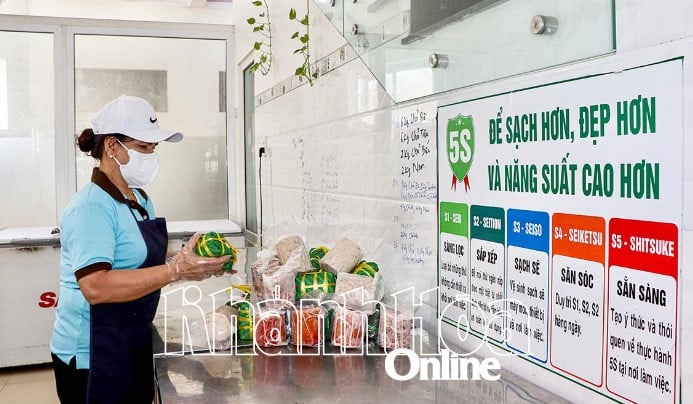


Comment (0)